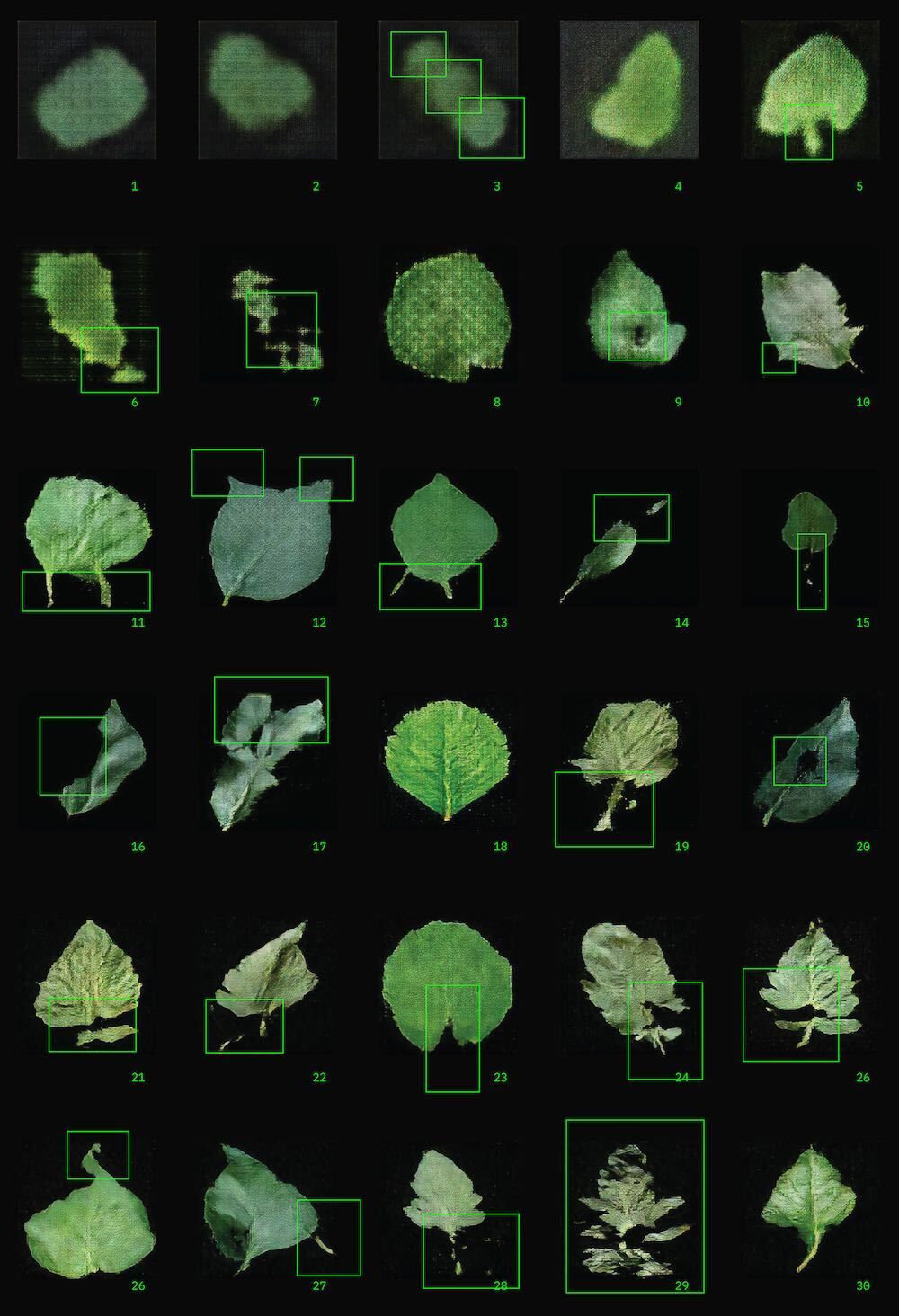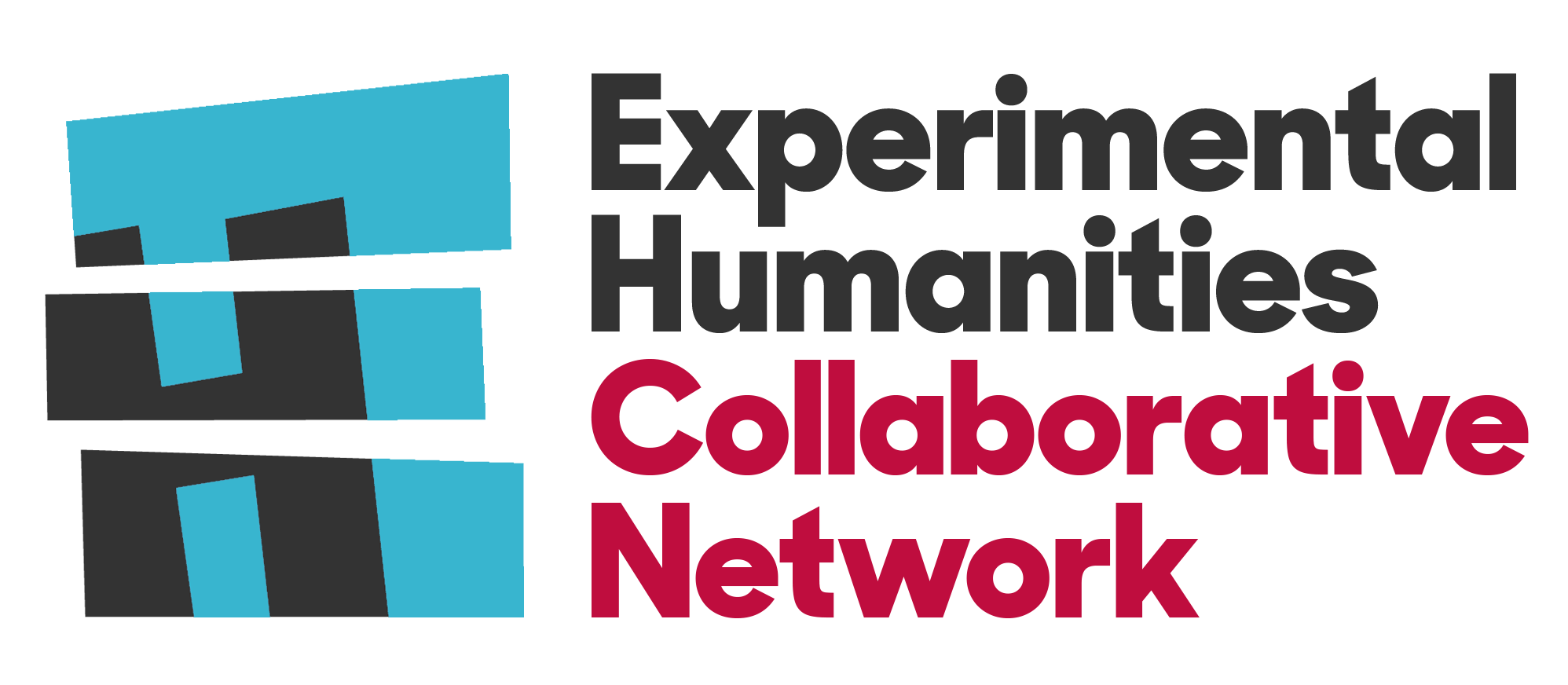Welcome to The Experimental Humanities Collaborative Network
Generative AI and Experimental Pedagogy: A Workshop
What is generative AI, how does it work, and how do people use it?
How do we teach responsibly and critically with generative AI?
Why has generative AI become ubiquitous, and what future developments can we expect?
The Experimental Humanities Collaborative Network is offering an online workshop on Generative AI and Experimental Pedagogy, open to all teachers and administrators across the OSUN network. The goal of the workshop is to address the recent boom in generative AI tools and models, such as OpenAI’s ChatGPT and DALL-E 2, and its implication for university pedagogy and research.
The workshop will focus on the ethical concerns and anxieties provoked by these new technologies, as well as explore what creative and learning potential these tools may have when used responsibly within the classroom. We will examine recent breakthroughs in both Large Language Models, such as GPT-3, and text to image generators, such as DALL-E 2, Midjourney, and Stable Diffusion.
The event features an panel conversation followed by breakout groups focused on specific tools and problems, exploring topics such as: the implications of generative AI for academic writing and research; the impact of the technology on art and media teaching and practice; and what kinds of ethical policies and approaches may need to be instituted at universities in response.
The opening conversation features Bard College's Margaret Hamilton Distinguished Professor of Computer Science Valerie Barr and Birkbeck College's Senior Lecturer in Digital Media and Culture Joel McKim. It will help contextualize the current wave of generative AI from both a technical and cultural perspective. The 3 to 4 breakout workshop sessions will be both discussion and practice-based and will be led by EHCN members.


